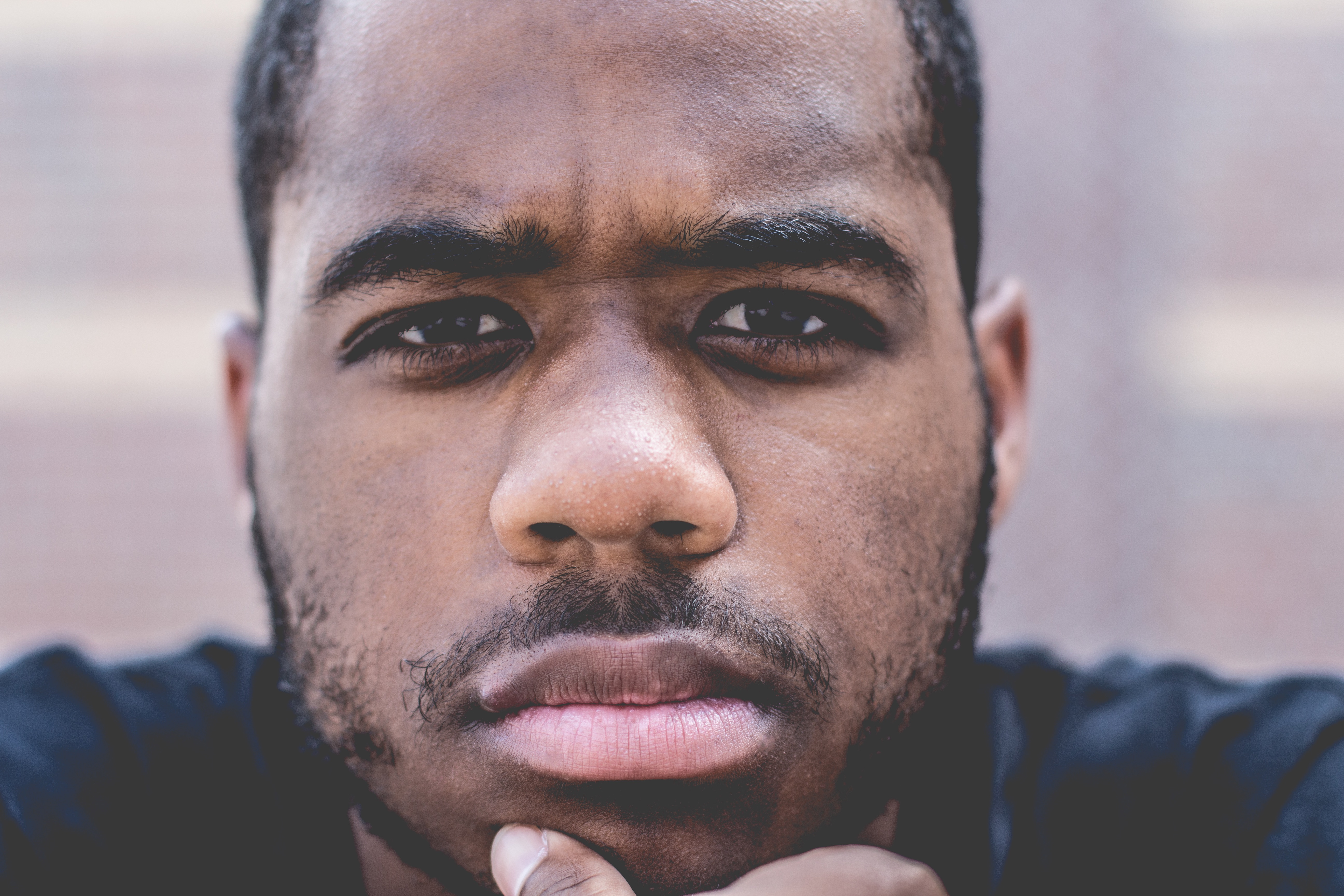“Crying is cleansing. There’s a reason for tears, happiness or sadness.”
—Dionne Warwick
Get over it.
Suck it up.
I don’t want to hear it.
Dry em up.
What are you crying for?
As an African American male I’ve heard all of these. Whether from my own family, friends, television or movies, it always struck a nerve. Why is it taboo for a black man to cry? Why can’t a man cry?
Since the beginning of time man has been the bedrock of family, society and the world. The expectation is to embody and exude strength in totality: mentally, physically, emotionally and spiritually. Displaying no form of weakness or fragility. Even if it means ignoring the emotions that reside within, you are expected to not break—no matter how far you bend. It begs the question,
“How does emotional expression prevent one from being a man?”
The display of emotion neither diminishes masculinity nor is limited to femininity. Rather, it reveals a truth in the ability to embrace one’s full being and sense of self. Exuding feelings of happiness, patience, joy, sorrow, and pain should be encouraged. There’s no downside to emboldening our men to free themselves by productively processing, embracing, and expressing their emotions.
“Men must live and create. Live to the point of tears.”
—Albert Camus
Life, whether short or long, presents opportunities to discover and create new ventures. Whether a small child newly embracing friendship or an established entrepreneur pursuing a new enterprise, navigating success and failure leads to inevitable emotional expression. Tears—unexpected tears, tired tears, stressed tears, overwhelmed tears, depressed tears, tears of rejection, tears of misunderstanding, tears of heartache, or even tears of relief and happiness—are completely natural.
To this end, Black male emotional expression must not be ignored or dismissed, but embraced. The ability to cry not only reveals true strength and grit, it also benefits health by releasing of toxins, killing bacteria, improving vision and mood, and relieving stress. So, I ask again, “Why not cry?”
Many nights I cried myself to sleep asking God,
“How did I get here and how do I go forward? Am I less of a man because I cried? No, I cried because I am a man.”
As a black man in a world where we are constantly oppressed and singularly defined, we must take solace in our emotions—especially our tears.
I’m no longer ashamed to let mine flow. More times than not my tears are shed in private, in a space of comfort and peace where I know the eyes and voices of judgement are absent and the comfort and presence of God is nigh. Releasing tears eases the heart and mind, and frees the body and soul. Why hang on to that of which you can be freed?
“There is a sacredness in tears. They are not the mark of weakness, but of power. They speak more eloquently than ten thousand tongues. They are the messengers of overwhelming grief, of deep contrition, and of unspeakable love.”
—Washington Irving
The greatest gift one can give is self-love. And emotional expression—especially tears—are an expression of that love. Free yourself and know that your blackness and masculinity is neither hindered nor at risk.
